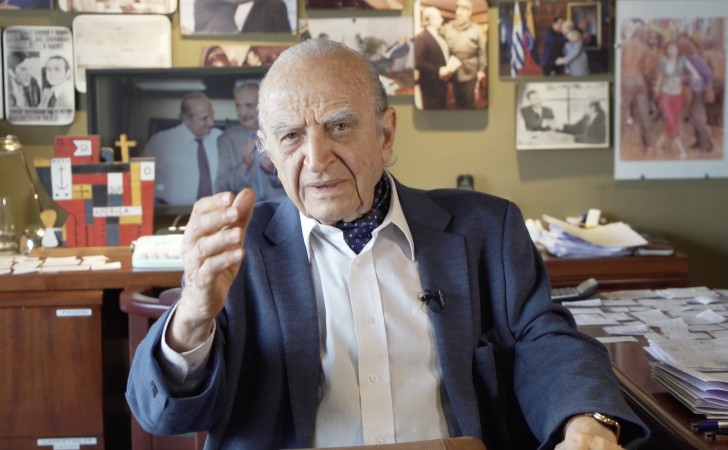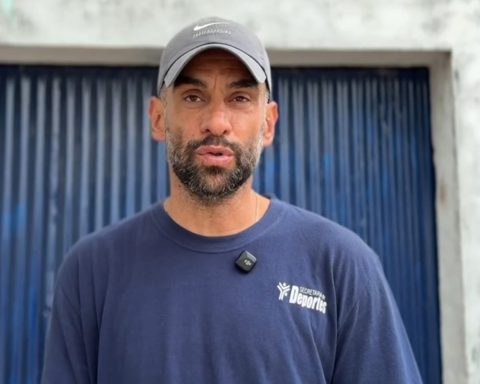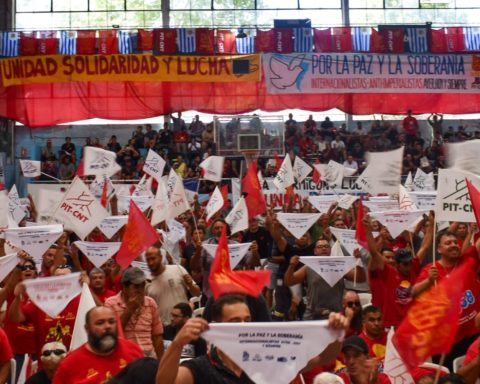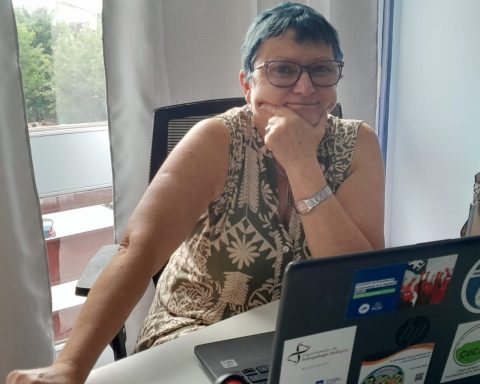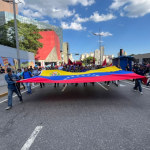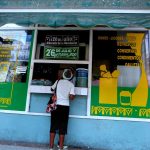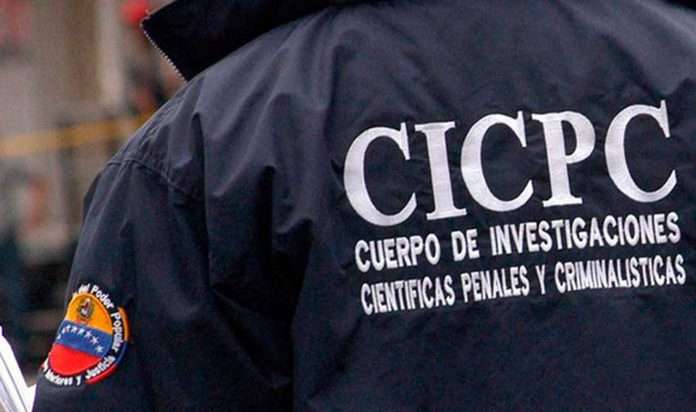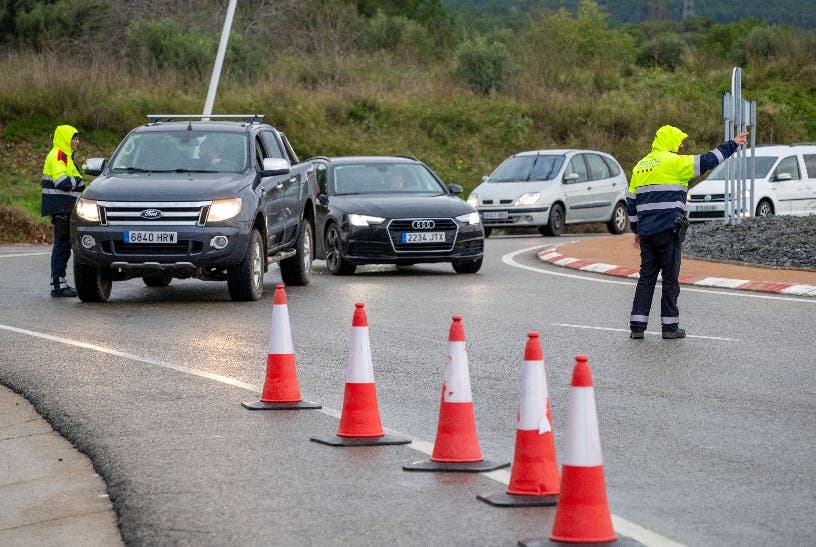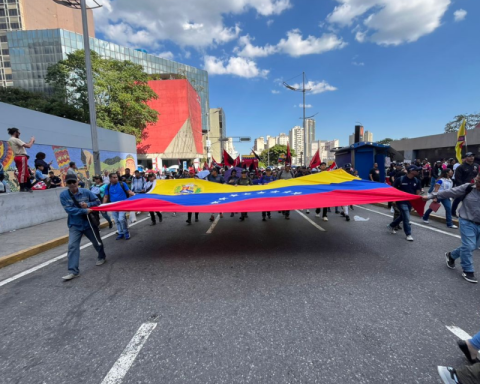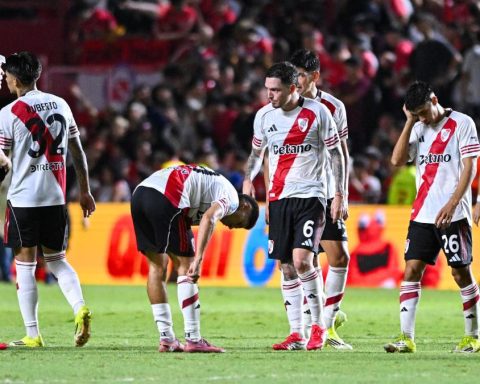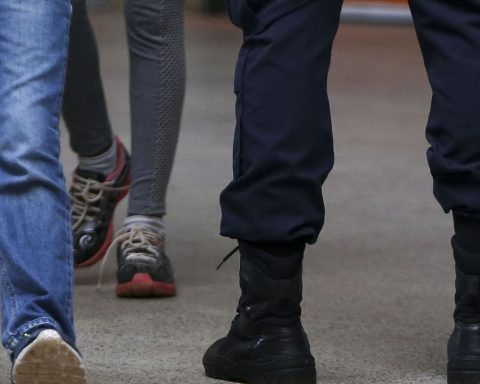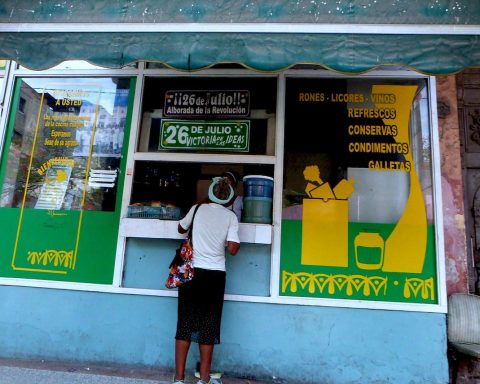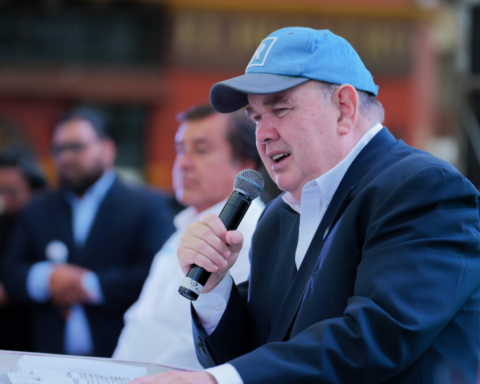One of the highlights of the latest episode of La Cosa Vostra “Manual for Undecideds” is the analysis of the debate between candidates Álvaro Delgado and Yamandú Orsi, which was broadcast live on LARED21 last Sunday, November 17. Fasano Mertens criticizes what he perceives as a performance of doublespeak, calling Delgado a “perfect alchemist” who turns truth into falsehood. According to the communicator, the Republican coalition candidate presents a story that is far from reality, resembling more a declaration of intentions about an idealized country like Norway or Iceland, instead of facing the specific challenges that Uruguay is going through.
The former director of the newspaper La República relies on data from international organizations, such as the United Nations and ECLAC, which highlight the progress of the Frente Amplio government, which transformed the country into one of the most prosperous and least unequal in Latin America. . Contrast these claims with the narrative of Delgado, who maintains that he inherited a country in ruins. The journalist points out forcefully that, despite claims of progress, reality has shown a decrease in GDP, an increase in inequality and growing poverty.
Fasano Mertens emphasizes that the common thread has been lost in the presidential debate, where the common voter, represented in the polls, is confused by the distortions of reality proposed by the Republican coalition candidate. The lack of effective moderation in the debate also receives criticism; The journalist considers that there was no balance in the interventions, which led to it becoming a “monologue of the deaf.”
Surveys: A thermometer of indecision
The interpretation of surveys is another key pillar of Fasano Mertens’ analysis. The data from the different pollsters offer a mixed picture, reflecting a very close race between the candidates. The most optimistic poll for the Frente Amplio shows a lead of 3.4%, which translates into almost 80,000 votes, but the margin of error and instability in the numbers of undecided voters complicate the projections.
The host of La Cosa Vostra also highlights the contradictory nature of the surveys, where It is estimated that between 150,000 and 200,000 voters have not yet made a firm decision. This makes the role of the undecided people fundamental, since their choice can tip the balance towards one candidate or another. The ability of each party to persuade this group of voters becomes a critical objective in the final hours before the election.
The 70 key questions for the Undecided
In his effort to help undecided voters, Fasano Mertens asks 70 incisive questions. These questions are a test that invites reflection and are based on official data, verifiable facts and previous experiences of citizens. Some of these questions are:
Were you happy when the Human Development Index placed Uruguay among the best countries?
Do you regret Uruguay’s decline in said index in recent years?
Did you feel satisfied to know that during the Frente Amplio government the country was considered the least unequal in Latin America?
Does it cause you discomfort that poverty and insecurity rates are currently increasing?
How do you perceive your quality of life compared to previous years?
The 70 questions can be seen in the video that makes up this article below, which are designed to prompt voters to consider how they feel about the current state of the country in relation to the political promises of both candidates. The goal is for each undecided person to be able to evaluate not only the achievements, but also the priorities and future direction they choose for Uruguay.
The future of the country depends on you
The future of the country is decided at the polls, so it is essential that citizens analyze the proposals and realities before giving their support to a candidate, avoiding being carried away solely by attractive promises or rhetoric.
In this sense, Fasano calls on undecided voters to delve deeper into the analysis of the fundamental points that affect their daily lives. Issues such as security, employment, education and health are vital, and each voter must weigh how each candidate plans to address them.
The November 24 election is presented as a decisive moment not only to determine who will lead the country, but also to define the future of the social and economic model that Uruguay will choose to follow. The competition between “productive homeland” and “financial homeland” remains at the center of the debate, where the policies of inclusion and redistribution oppose those of neoliberalism.
Fasano concludes his presentation in a forceful manner, stating that The power of the undecided should not be underestimated. Every vote can make a difference and therefore it is essential that those who have not yet made a decision inform themselves and reflect deeply. As the deadline approaches, pressure increases on both candidates to mobilize their bases, but also to woo this significant segment of voters who have not yet decided.
